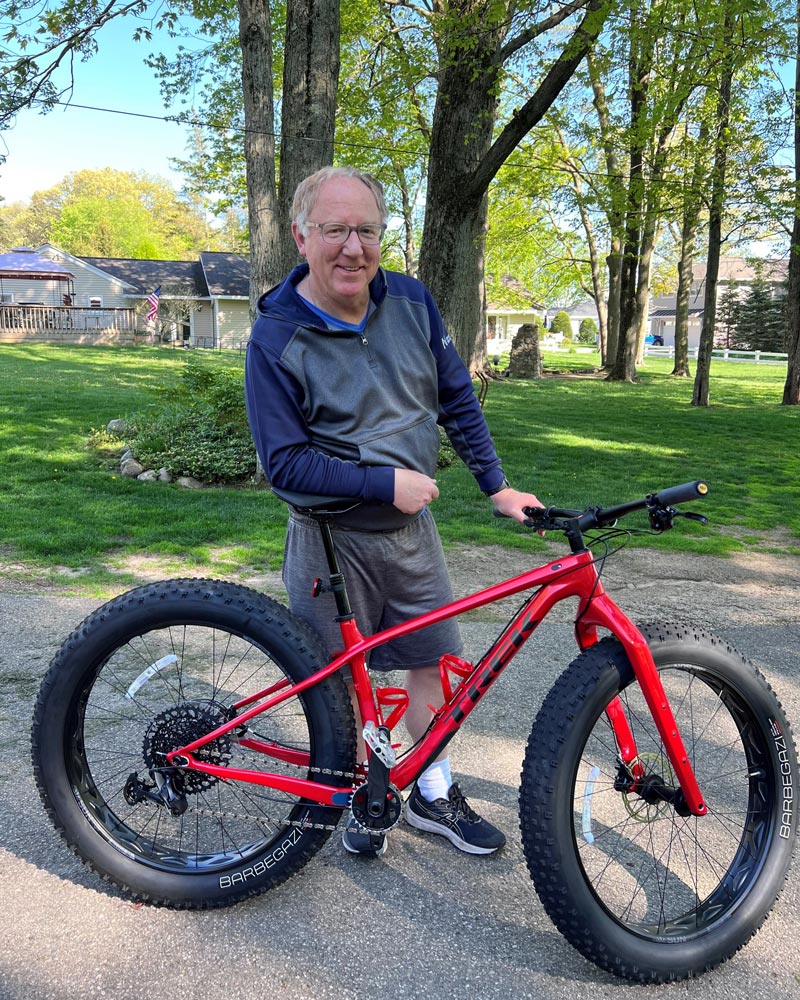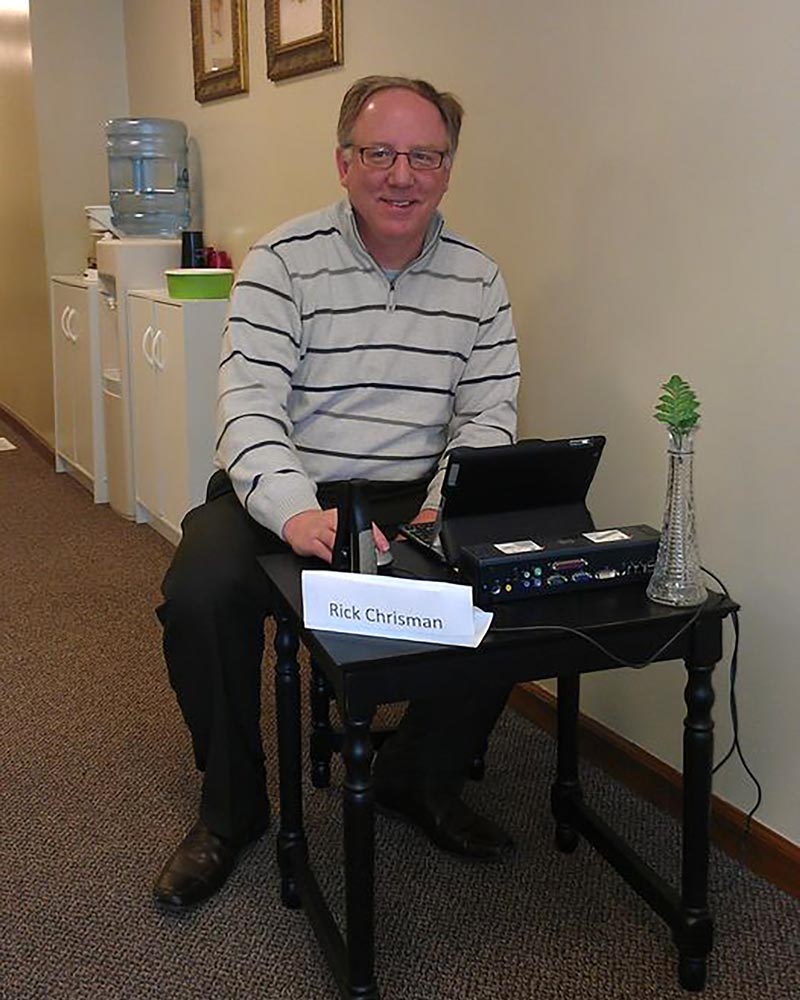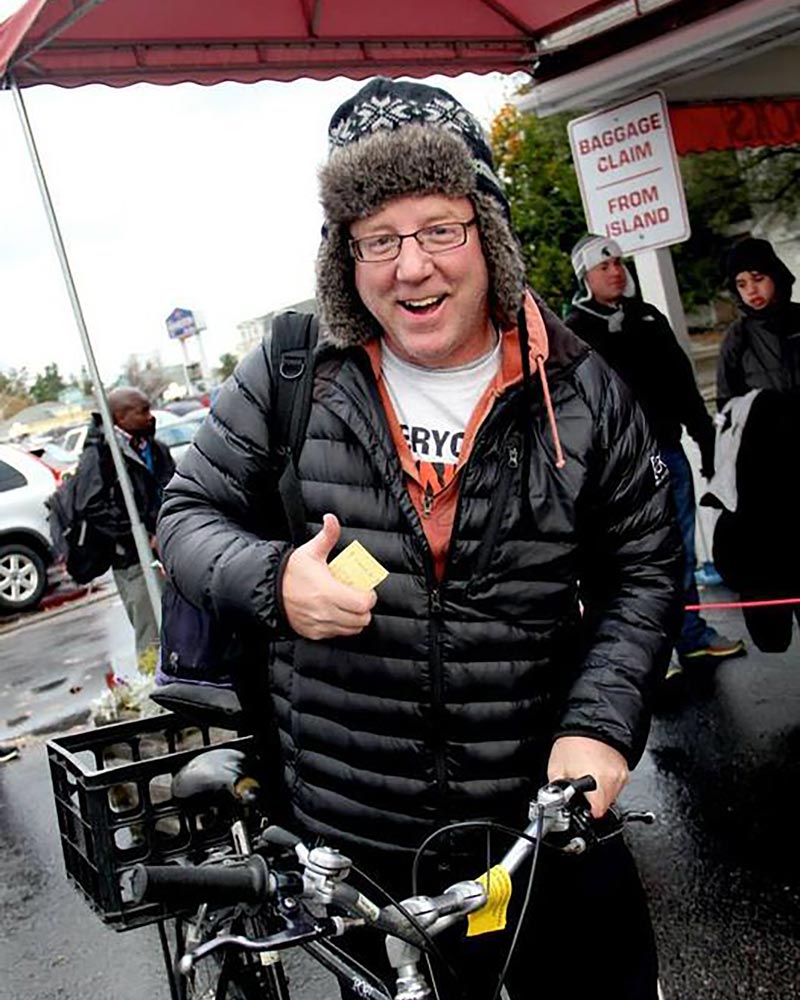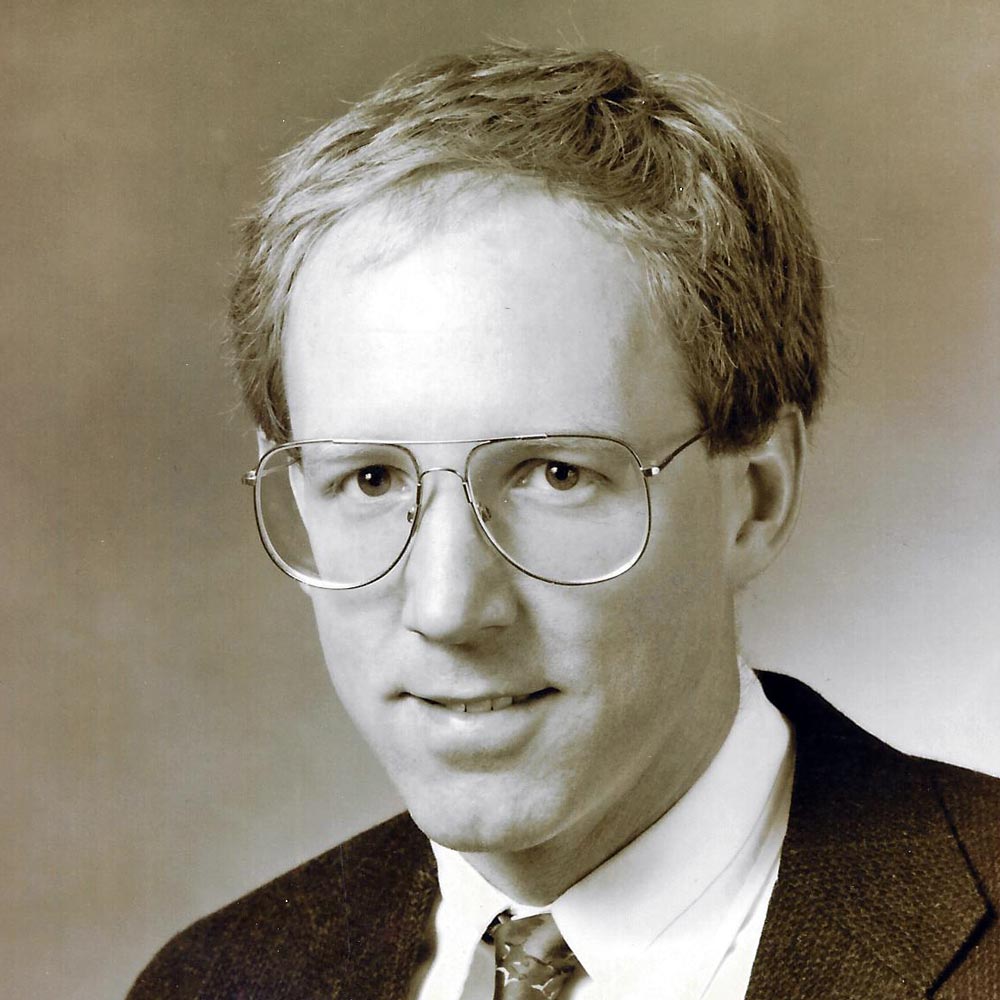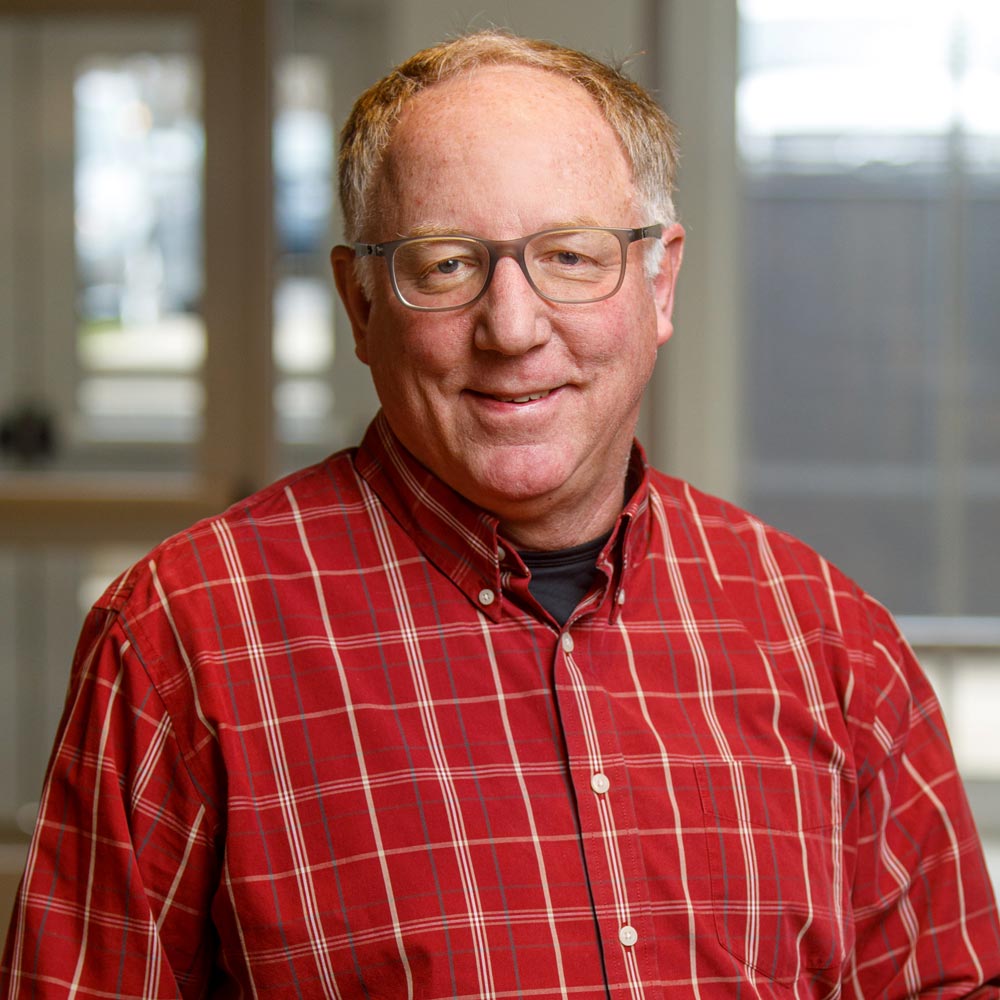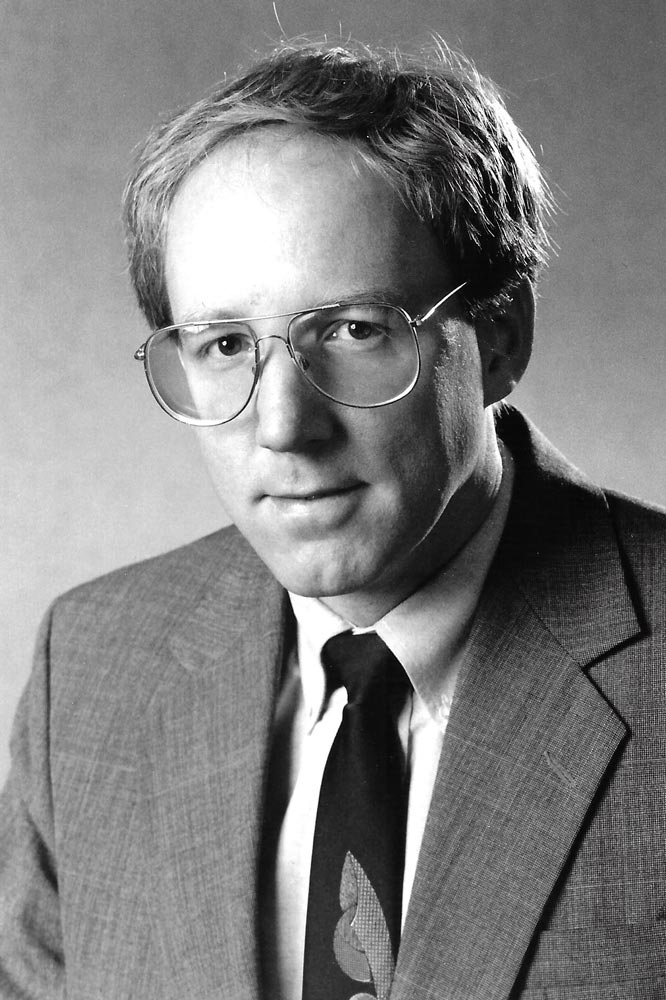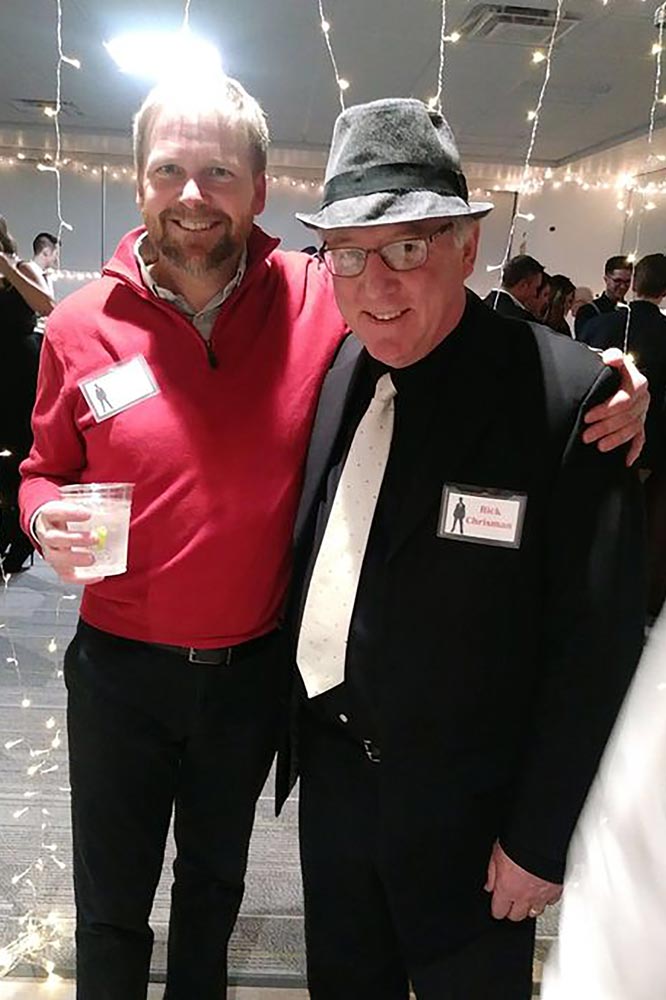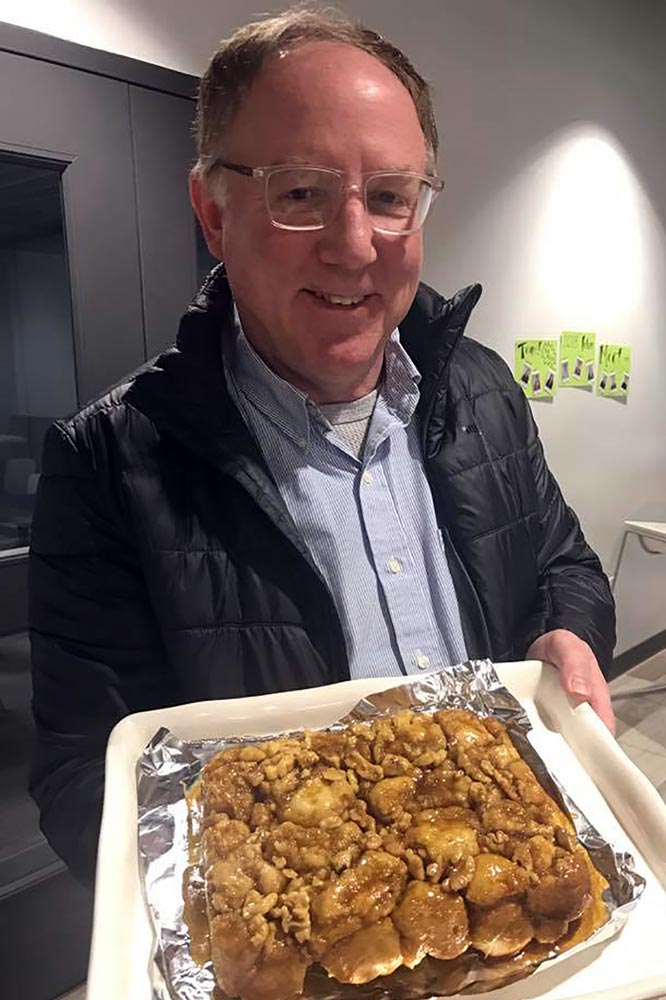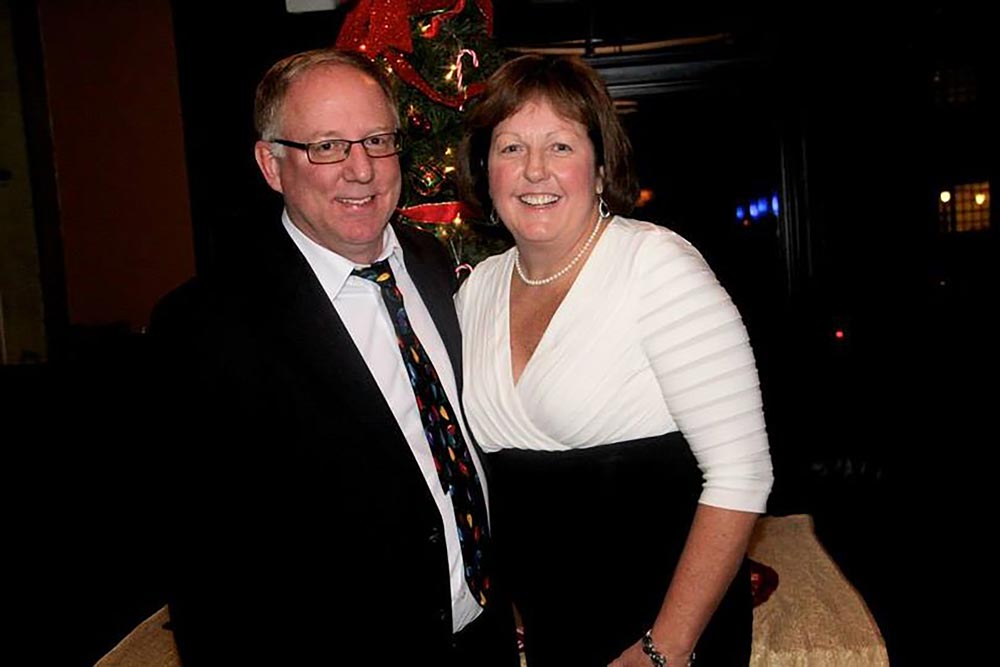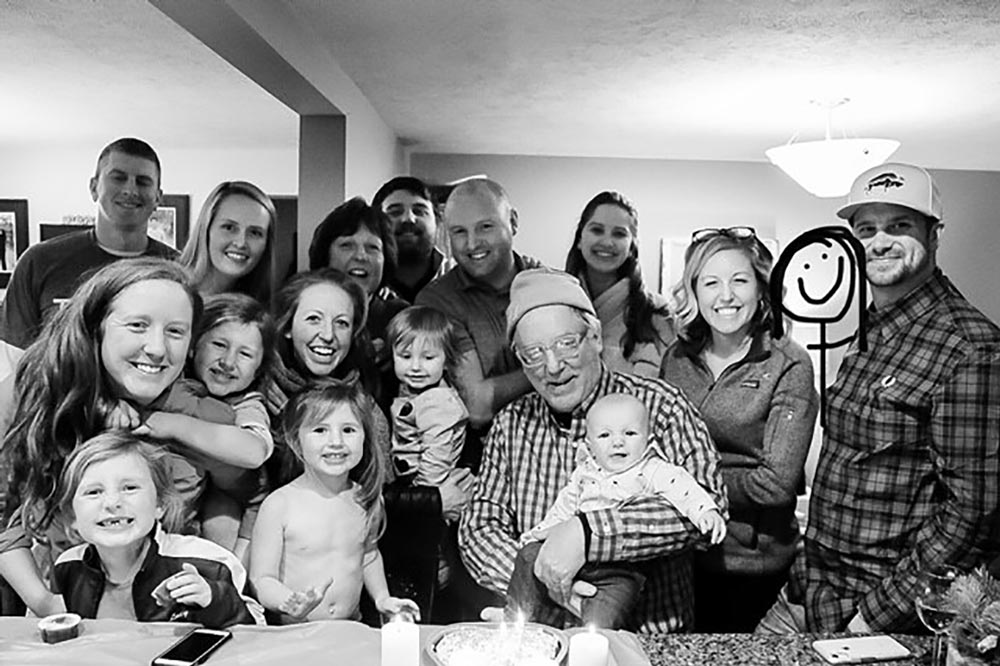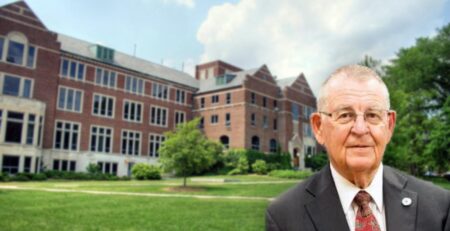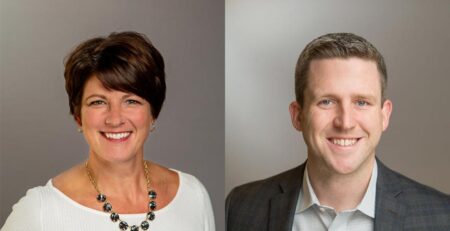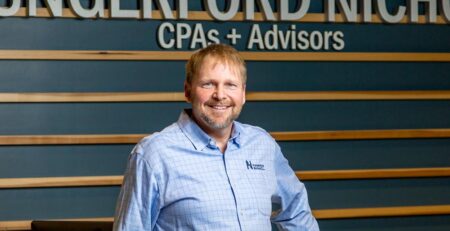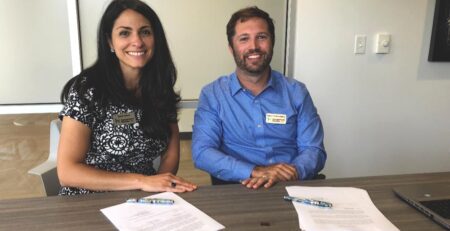After 44 Tax Seasons, Rick Chrisman is Ready for Retirement
A Little About Rick
Rick graduated from Catholic Central High School in 1976 and earned his associate degree from Grand Rapids Community College. He then went to and earned a bachelor’s degree and then a master’s degree at Grand Valley State University. He never went “away” to college, opting to live at home with his parents until he got married at the age of 27.
Work Hard
For Rick, his motto in college was, “Work hard, play hard,” and we dare say that still applies today! He was at school every morning at 7:30 a.m., went to class and did homework until about 4 p.m. and then went to work. On top of school, he worked about 35 hours a week as a waiter/bartender. He also cut and sold firewood and during the summer worked construction.
Play Hard
Rick loved playing basketball year-round. (Had Rick not become an accountant, he did dream of being a professional basketball player!) During the summer, he also played softball and waterskied. In the fall, he hunted and when springtime came, he fished. He developed a love for live music and spent a lot of nights in the Eastown area at either the Intersection or Eastown Saloon. At the end of the night, he was often found at Yesterdog!
When He Found His Career
When Rick was in fifth grade, his mom told him that since he was good at math, he should be an accountant. And although he did not know what an accountant was; he knew “Mom is always right!” He got on that track and never wavered. In eighth grade, he went to a career day and talked to an accountant, who suggested that if Rick wanted to be an accountant, he should be a CPA.
Rick’s First Day of Work
In 1980, on his first day of work as an accountant, he worked at a firm called Prangley Marks. He was paired with Bill Borgman in a small office, and they became lifelong friends.
In 1988, he had another first day of work, this time at what we now call Hungerford (which was located downtown Grand Rapids near the Sixth Street Bridge). However, they were not expecting him. No partners were in the office, and the staff was not aware of a new hire. So, he sat in a conference room for most of the day with nothing to do. However, at lunch that day he decided to take a walk downtown Grand Rapids and stumbled upon the rally for the Republican presidential candidate George Bush.
Take a Walk with Rick Through His Career
- 0-5 years – Learned as much as he could.
- 5-10 years – Manage people and projects. Became a quality control manager at Hungerford.
- 10-15 years – Learned how to do business development and build a client base. Became a shareholder.
- 15-25 years – Continued to grow and manage his client base.
- 25-40 years – Focused on firm management.
- 40-plus years – Worked on transition of leadership and clients.
The Hard Parts
Working the long hours was not stressful for Rick. What was stressful was dealing with “difficult” people. He is analytical and thinks through issues before arriving at a conclusion. It was stressful to him when the answer was so obvious, but others could not see it and disagreed.
Over the years, he received training in what makes people tick, for example, strength finders. This helped him tremendously in his business and personal life. Most people are not “difficult,” they just view the world through a different lens.
The Proud Achievements
His goal was for Hungerford to be in a great place when he retired. The career achievement that he is most proud of is how Hungerford has evolved over the last 36 years and his role in that. He feels Hungerford is a wonderful place to have a career and was lucky to have landed here.
How the Field Has Changed
When Rick graduated from college in 1980, most firms did not have computers at all. The staff prepared individual tax returns by completing input sheets, and then sending them to a service that would process the information and print out the 1040s. If there was an input error, they would make the change on the input sheet and send it in again the next week.
How Technology Has Changed
Technology and software are changing daily. It’s a lot of work for everyone to keep up.
There was no technology when he started in 1980. They did everything manually with No. 2 pencils and a 10-key calculator. The first computers came in the early 1980s; they did not do much and were very slow. But there was a program like Excel called Lotus 123. It was great at automating spreadsheets.
The Influences
Rick did not have a formal mentor but learned through observing others and by making mistakes. Some people taught him lessons he should follow and what he felt was the right thing to do, while others helped him learn what not to do.
He did have a coach for some time who taught him how to do business development and networking. He also taught him how to pretend to be an extrovert. That was very helpful in transitioning Rick from a quality review manager to a shareholder.
Rick’s dad is probably the person who had the biggest influence on his career and life. He was the sweetest man Rick ever knew. He was an extrovert and took the high road in every situation, even when they couldn’t even see a high road. He led by example, worshipping Rick’s mom. Rick has always tried to treat his wife the same way his dad treated his mom.
What do you see as the future of the field?
Rick believes the shortage of CPAs and the growth of AI will have a huge impact on the firm of the future. It is necessary to constantly keep up with changes in the industry.
What does retirement look like for you?
He is really looking forward to it. He and his wife Brenda have a lot of hobbies and enjoy doing them together.
What legacy do you hope to leave behind at the firm?
When Rick became a Managing Shareholder in 2012, the firm was facing a lot of serious issues that were holding them back. He made a list of 12 issues that needed to be addressed for the firm to grow in the way it had hoped it would. Some tough decisions needed to be made. One by one, the issues were addressed and came off the list. Eventually, all 12 were gone. He would like the legacy to be:
“This is a great place to work, and I appreciate what role Rick played in that.”
Who will take over your practice/clients?
He has built his practice over the years, relying heavily on the quality of my managers. Over the years, these managers have become the current shareholders. So many of his clients easily transitioned to these managers as they got promoted.
Any advice for the next generation of accountants?
His career philosophy was very simple – “Work hard, learn as much as you can, stay loyal to the firm through its ups and downs and be patient.” He believed if he did those things, good things would happen for him over time. And they did.
Any advice for your younger self?
Buy real estate. Eat healthier.
Thank you, Rick, for your dedication to the firm and the field of accountancy. Your impact is long-lasting, and you will be missed!
– Your Hungerford Family


